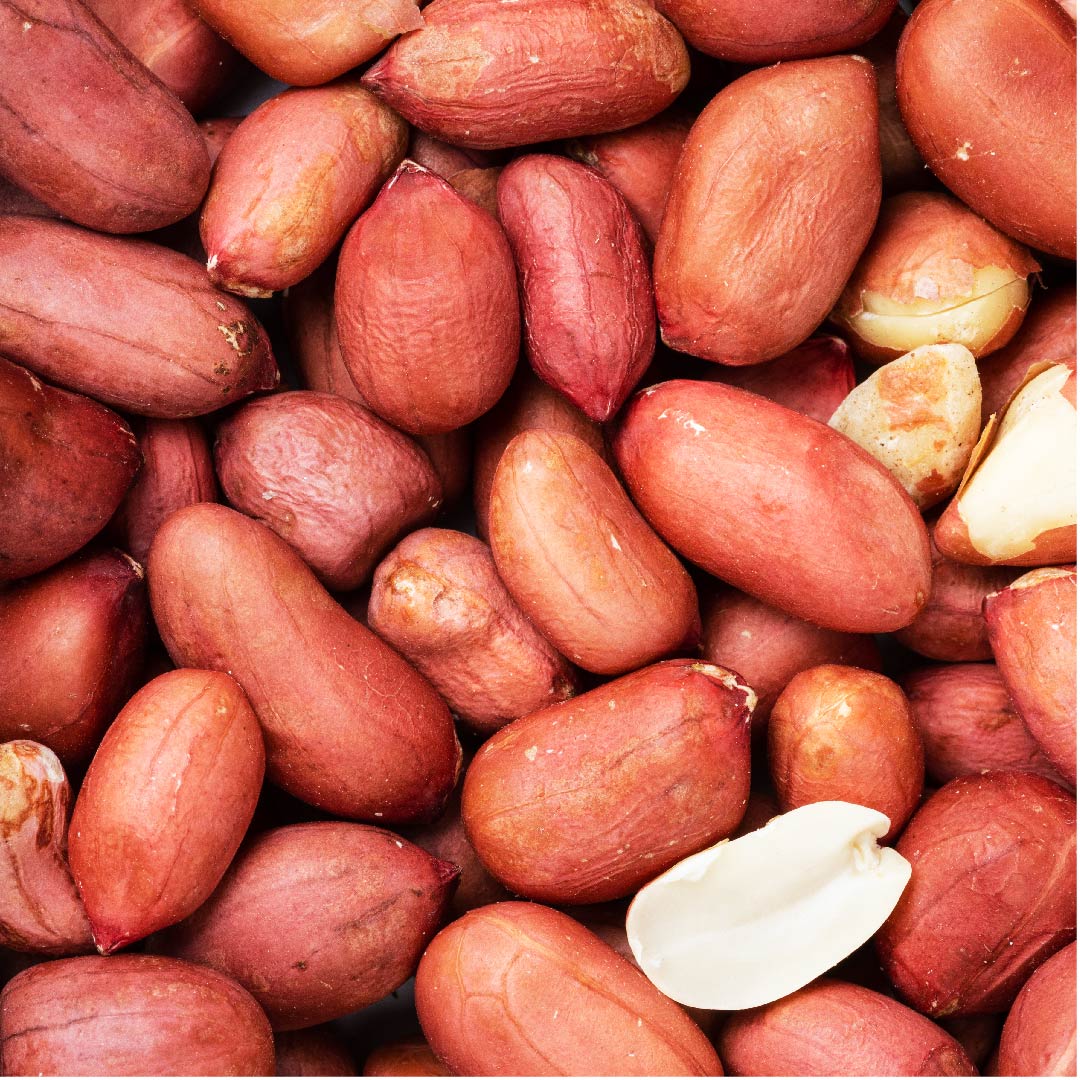Vitamin B3
Back to ingredients
Form: Niacin (Nicotinamide)
Food source: Mushrooms, asparagus, broccoli, peanuts, green peas, avocado, pulses and fortified cereals. Also meat, poultry, eggs, salmon and dairy products.
Benefits of Vitamin B3
- Energy
- Mental performance
- Weight management
- Healthy skin
- Pregnancy support
What is Vitamin B3?
Vitamin B3 contributes to breaking down the food that we eat and converting this into energy that we use throughout our day. In addition, Vitamin B3 supports our brain, by helping transport messages through it and also supplying energy to the brain. Much like other B Vitamins, B3 contributes to our mental performance and is important for the development of the baby’s brain during pregnancy.
Vitamin B3 in particular has several specialised functions. Firstly, Vitamin B3 can help with weight loss, working alongside Chromium in insulin regulation and it can influence hormonal support. Vitamin B3 also supports blood flow in a number of ways, including helping to promote normal blood fat and cholesterol levels which helps to preserve the width of the blood vessels, allowing proper blood flow. This is because Vitamin B3 lowers the levels of lipids in the body, which when accumulated can increase blood pressure. This means Vitamin B3 can contribute to your cardiovascular health by reducing stress on your heart.
Additionally, Vitamin B3 helps to maintain healthy skin. One of its functions is increasing cellular energy and regulating enzymes that play a beneficial role in reducing inflammation. Studies show Vitamin B3 has a range of dermatological uses, helping to keep skin healthier, brighter and hydrated. You may also enjoy reading ‘Is a nutrient deficiency causing your skin condition?’ and ‘Best Foods and Vitamins for Healthy, Glowing Skin’. Give these '5 easy smoothie recipes for glowing skin' a try too.
















